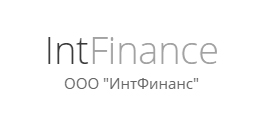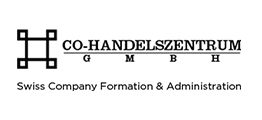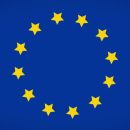As of May 1, 2024, significant amendments to Council Regulation (EU) 833/2014 introduce additional reporting obligations for EU companies with certain ownership structures. Specifically, these obligations apply to companies more than 40% owned, directly or indirectly, by a legal entity or individual based in Russia, including Russian nationals with dual EU citizenship. Key Reporting Requirements: … Continue reading “New Reporting Obligations Under Article 5r of Amended Council Regulation (EU) 833/2014”

Smart Tools for Business
For director
You decide who will use remote software and have access to the bookkeeping and bank account. It will allow you to share information quickly and easily from anywhere globally.
For accountant
Accountant gets remote access to bookkeeping software. As a result, all data is safely secured and the correct accounting and tax reporting are submitted within a prescribed period.










